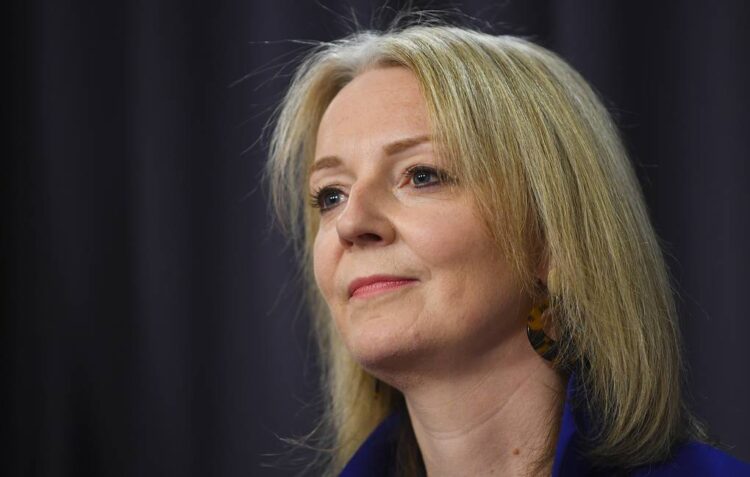By Tony O’Reilly-
Uk Prime Minister, Liz Truss, (pictured)is understood to be planning to borrow £10o bn to limit the expected sharp rise in energy bills for households and firms.
The move is aimed at preventing the high potential of high average energy bills of £6,500 a year by this April, according to new forecasts of the energy price .
Conservative sources say that wholesale gas prices could be capped, meaning the new prime minister’s plan would also help thousands of small businesses teetering on the brink of collapse.
The scheme, which could cost as much as £90bn, would be paid for by extra borrowing, after Kwasi Kwarteng, expected to be the new chancellor, made the case for some “fiscal loosening”.
It suggests that Truss has rejected the leading proposal from the Treasury and energy firms to freeze bills and add the cost over the next few years to customers’ bills. Critics had warned it could be difficult to justify when energy firms were making huge profits.
Scottish Power chief Keith Anderson recently revealed that the minister and Liz Truss ally were ‘seriously considering’ plans to loan energy companies the money to fund a price cap freeze.
The desperate intervention comes as Russian President Vladimir Putin continues to squeeze gas supplies to Europe worsening Britain’s cost-of-living crisis.
Mr Anderson warned that Ofgem further raising the price cap – with the new limit set to be announced on Friday – would be ‘horrific’ and that ‘bold’ action is needed.
Currently a typical gas and electricity bill is currently due to rise from £1,971 to £3,549 in October.
Truss is planning a £100bn grant to keep energy prices down, financed initially by government borrowing, though by definition that would mean the bill is one for taxpayers.
Her new chancellor in waiting, Kwasi Kwarteng, recently alluded to the time being ripe for “fiscal loosening”, which
It is believed that Truss will take the route of putting the bill on the national debt, with the hope of increasing the economy to make the extra debt less burdensome, in the words of Kwarteng, and repaid by shrinking the public sector
The government is understood to be planning to pay energy firms to subsidise bills with customers now not expected to have to repay the support.
Much will hinge on gas and energy price movements in the volatile international energy markets.
Ms Truss has pledged to “deliver on the energy crisis” – with details expected to be announced on Thursday.
The government is understood to be reluctant to see money added to customer bills for up to 20 years to repay government backed loans to the energy companies and its also reluctant to add the cost to general taxation given their pledges to be a tax cutting government.
Government sources say that over time, new energy supply measures – such as cutting the link between renewable sources and the gas price – will lower costs while a growing economy will shrink the proportion of overall debt to the size of the economy.
However, Dermot Nolan, former chief executive of energy regulator Ofgem, questioned how much it would benefit the most vulnerable.
The precise mechanism to help business may be more complicated and would be reviewed more frequently but reports suggest it could see the government mandate energy firms to offer specific reductions on the unit price of the energy businesses use.
“But it remains to be seen whether these plans will go far enough in offering the help that many firms so desperately need.”
Craig Beaumont from the Federation of Small Businesses said: “This commitment looks very promising, and arguably the best reassurance that small businesses need that some form of help with bills will follow – not just for households.
“The scope and reach of the help is going to be absolutely crucial to save hundreds of thousands of small businesses this winter.”




